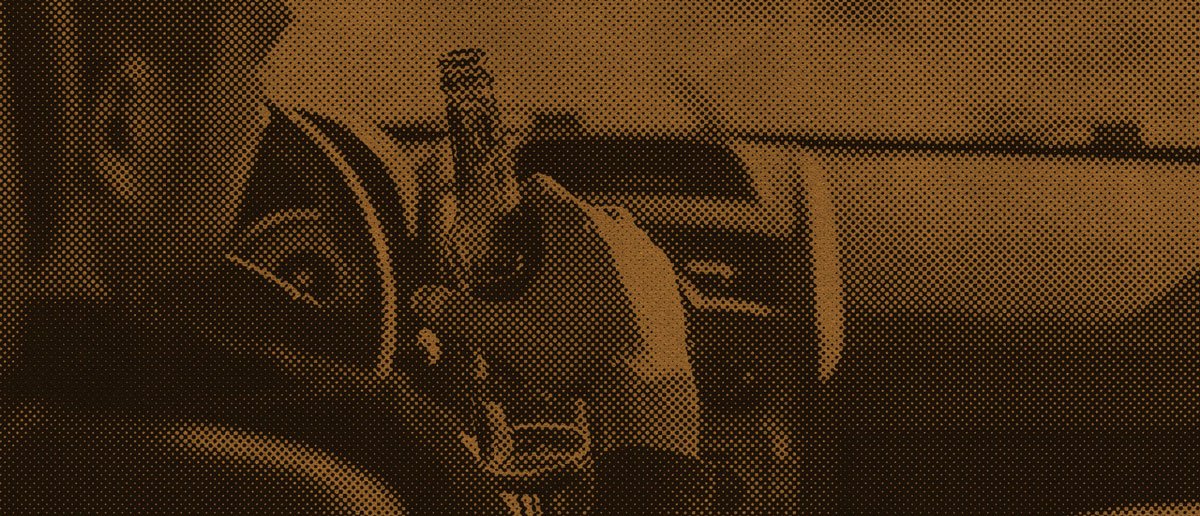Driver’s License Hearings at the Utah DLD
-
There are actually two parts to a DUI case in Utah, the criminal part and the "civil" part. The civil part exists because, under Utah law, your driver's license is automatically suspended when either of these things happens:
You are arrested for DUI (a "per se" suspension)
You refuse to take a chemical test under Utah's Implied Consent statute ("refusal" suspension)
The only way to fight this automatic suspension is to request a Driver's License Review Hearing. You are required to request this hearing within 10 days of your arrest (as it says on the small print of your citation). If this 10 days passes, it is extremely hard or impossible to fight the suspension.
-
The driver's license review hearings take place not at the courthouse, but at various Driver's License Division offices around the state (yeah, where you stand in line to get your license). The people present at the hearing are:
You
Your Lawyer (if you've hired a lawyer)
The Driver's License Hearing Officer (this is not a judge)
The law enforcement officer who arrested you (usually appearing by phone)
First, the law enforcement officer will testify as to why you were arrested and how the tests were given (if they were given). Then you (or your attorney) will have a chance to cross examine the officer and to try and convince the hearing officer that your license should not be suspended. For example, if you took a chemical test that showed .05 or above, you can argue that the test was inaccurate or improperly done. If you refused chemical tests, you can argue that the officer lacked "reasonable grounds" to arrest you for DUI, or that there was a procedural problem (such as problems with the warning "admonition" which is required to be given). Obviously, these are often technical arguments for which it helps to have an attorney.
-
If you did not request a hearing, or you requested a hearing and lost, then you automatically lose your license for the following periods:
If you refused the chemical test:
18 months for the first offense.
36 months on the second offense.
If you were arrested for DUI (and didn't refuse the test):
120 days for the first offense.
2 years for the second offense.
(Note: these time-periods are for drivers over 21 years of age. The numbers differ for driver's less than 21).
-
The Driver's License hearing is separate from your criminal case, so just because the hearing officer decides that you should lose your license does not mean that you will be found guilty in the criminal case. Similarly, just because you win at the driver's license hearing does not mean that can't be convicted in the criminal case.
But the "civil" process and the "criminal" process do interact with each other in some ways. For instance, if you hire a lawyer for both your driver's license hearing and your criminal case, the driver's license hearing gives your attorney a good chance to "preview" the criminal case and gather useful information that can be used to your benefit. Also, if your license is suspended at the hearing, but then the DUI case is dismissed, your license can be immediately unsuspended. If your charge is reduced from DUI to an Impaired Driving (see my post about the difference between DUI and Impaired Driving), the period of license suspension may be shortened.
-
A DUI is a class B Misdemeanor with the possibility of jail time, so, if you qualify based on the income guidelines, you will get a public defender to represent you in the criminal case. However, the driver's license hearing is not criminal, so the Constitutional requirement to provide indigent defendants with a public defender does not apply. That means, to have an attorney assist you at that hearing, you have to have a private one. If you're interested in having a defense attorney's help at the Driver's License hearing, contact me.
-
Your citation should describe how to request a hearing. If you want, you can use this form from Utah department of public safety. Make sure you complete and turn in the form quickly so that you don't miss your 10-day window. If you let that 10 days pass, it becomes virtually impossible to avoid automatic suspension, and if you're thinking of hiring an attorney, it prevents your attorney from gathering useful information to prepare for your criminal case.

